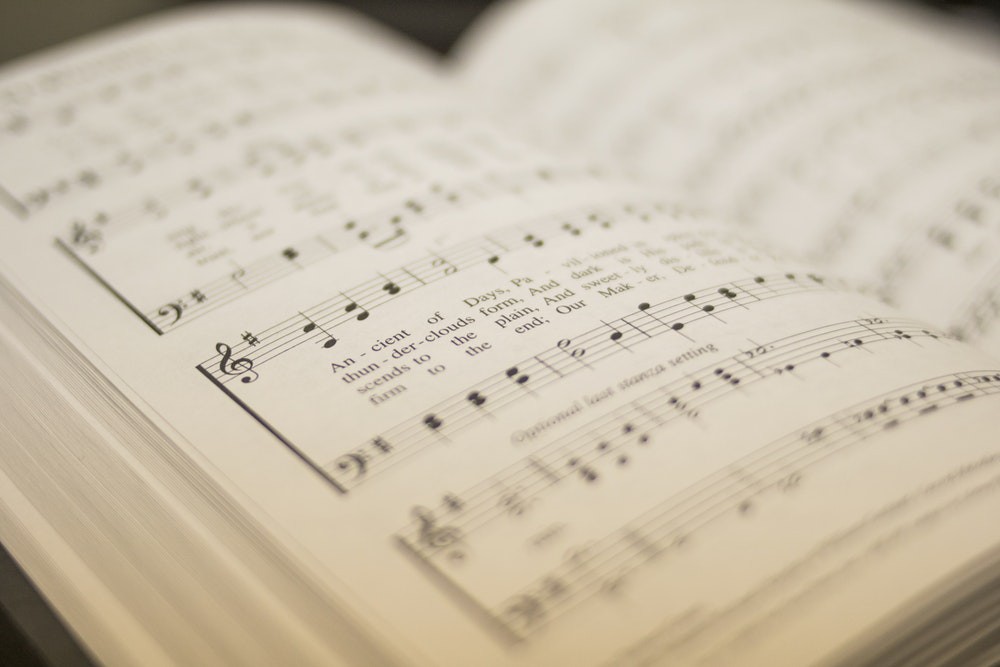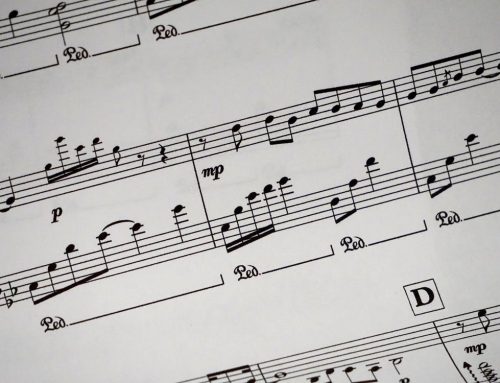The market for music composers is driven by a cutthroat competition between the best of the best. This is proof enough that music composition is an invaluable skill that takes time, experience and training to perfect. It’ll take all the lessons you’ve ever had in music and all the seminars you’ve attended to understand the fundamentals of music composition.
Once you get a hang of the basics, you need to narrow your focus down to a single composition skill as small as writing a note or as grave as a symphony. It’s only after you’ve had adequate experience and training in each composition skill that you can be called a music composer.
But while you’re at it, there are certain basic dos and don’ts of composition rules that you must abide by to make your craft as strong as possible.
Focus On Contrary Movements
Even though similar movements sound like a safe choice that often sound good as well, you need to mix it up with some contrary movement as well. The number of contrary movements should be proportionate to the number of lines there are. As a rule, one line must ascent if the other is descending.
Include Dissonances
Contrary to the literal definition of the term, dissonances don’t rupture the smooth flow of a lyrical sequence; in fact they make it stronger. You don’t want to bore your audiences with plain consonant intervals. Mix it up with dissonances to make it more flavorful.
Include Consonances
If you’re under the impression that consonances were a thing of the past and are no longer used in the 21st century, you’re mistaken. They’re natural survivors that help your music production stay afloat in the industry and compete best with the major players.

Compose What You Like
Never aim to please anyone but yourself. Your mind can only work best when it’s in sync with your heart. It can’t produce something well that you doesn’t appeal to you. Always go with your own instincts and keep your music original. Trying too hard sounds pseudo-modern/classic and that trick never works!
Avoid Parallel Fifths and Octaves
It’s okay for seasoned professionals to experiment with octaves and parallel fifths but not beginners. If you’re an amateur, you might confuse parallel fifths with writing chords. This is a major error in music composition and all the more reason why you should focus on contrary movements.
Save The Best For The Last
Enjoying music is like going on a journey, not knowing where it’ll take you. Listeners rate their music choices based on the surprise element that it offers. Don’t give it all away right at the start; save some meat for the end to make the entire journey worthwhile.
We offer a music writing app that helps musicians compose and create their own music. If you’re interested in trying your hand at this or are serious about making a career in music, try out Music Jotter.






